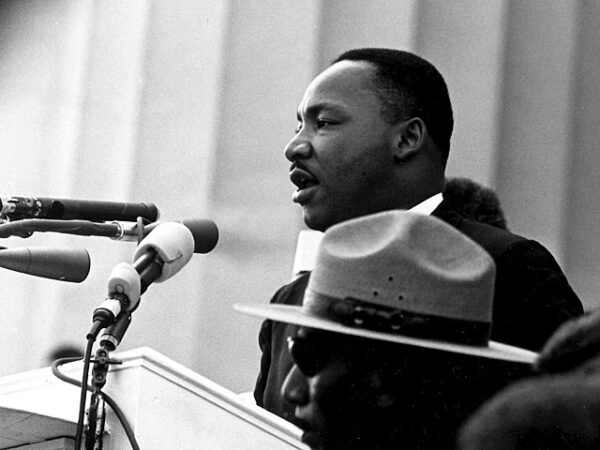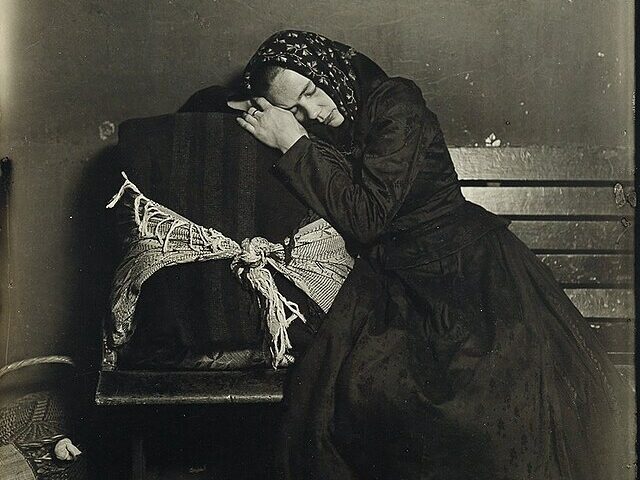On August 28, 1963, in front of the Lincoln Memorial in Washington, D.C., Dr. Martin Luther King Jr. delivered one of the most iconic speeches in American history. The “I Have a Dream” speech became a defining moment in the Civil Rights Movement, encapsulating the hopes, frustrations, and aspirations of millions of African Americans fighting for equality and justice. The speech not only addressed the specific grievances of racial segregation and discrimination but also articulated a broader vision of a future where freedom and justice would prevail for all.
The context in which Dr. King delivered his speech was crucial. The 1963 March on Washington for Jobs and Freedom, attended by over 250,000 people, was a peaceful protest against the systemic inequalities faced by African Americans. This was a time when segregation was still legally enforced in many parts of the United States, and the struggle for civil rights was met with violent opposition. King’s speech was the climax of the march, and it was delivered at a moment when the Civil Rights Movement was gaining momentum but was still far from achieving its goals.
Dr. King’s speech is renowned for its rhetorical brilliance and its use of powerful imagery and metaphors. He began by referencing the Emancipation Proclamation, signed by President Abraham Lincoln 100 years earlier, which had theoretically freed the slaves. However, King pointed out that a century later, African Americans were still “not free” and were languishing in “the corners of American society.” This framing underscored the persistent racial injustice and set the stage for his call to action.
One of the most memorable aspects of the speech is King’s repeated use of the phrase “I have a dream.” This refrain, which he delivered with increasing passion, articulated his vision of a future where people would be judged “not by the color of their skin but by the content of their character.” His dream was one of racial harmony, equality, and justice—a vision that resonated deeply with the audience and has continued to inspire generations. The repetition of “I have a dream” served not only as a rhetorical device but also as a means of reinforcing the moral imperative of the Civil Rights Movement.
King’s speech also highlighted the urgency of the situation. He warned that the movement would not be satisfied until justice was achieved, and he rejected gradualism, insisting that “now is the time” to make real the promises of democracy. This sense of immediacy was a call to action for both the government and the American public, urging them to confront the reality of racial injustice and to work towards meaningful change.
The “I Have a Dream” speech appealed to the very soul of America. King invoked the Declaration of Independence and the Constitution, framing the struggle for civil rights as a continuation of the American tradition of fighting for freedom and equality. By doing so, he positioned the Civil Rights Movement not as a radical departure but as a fulfillment of the nation’s founding principles. This appeal to shared values helped to garner broader support for the movement, transcending racial and political divisions.






